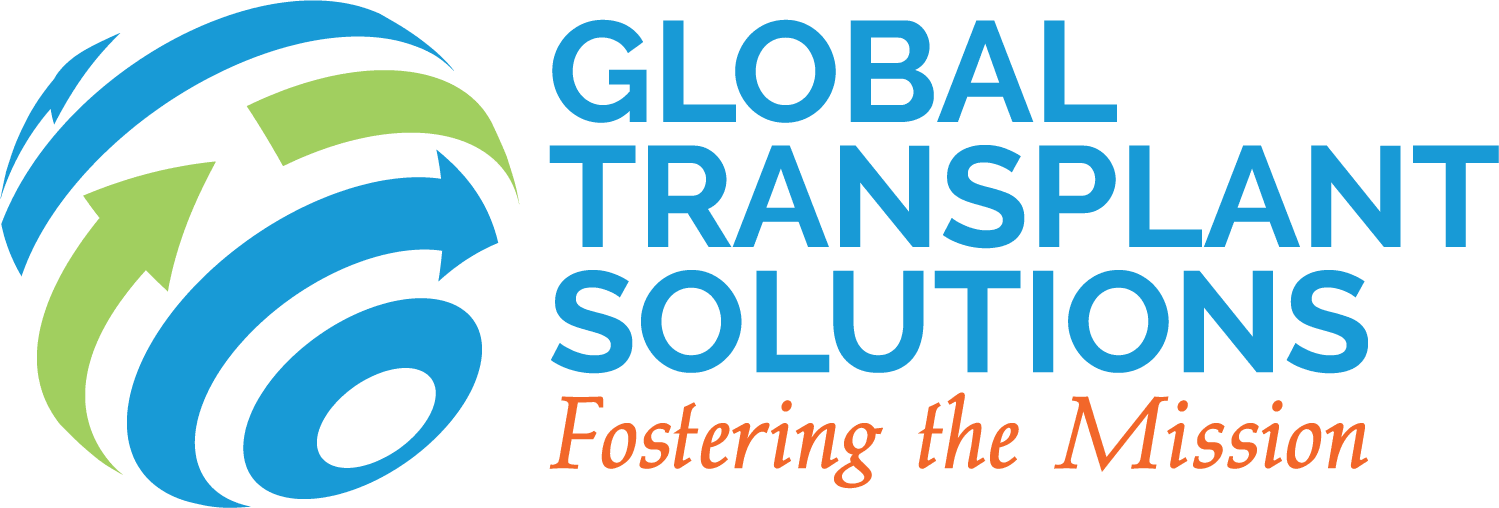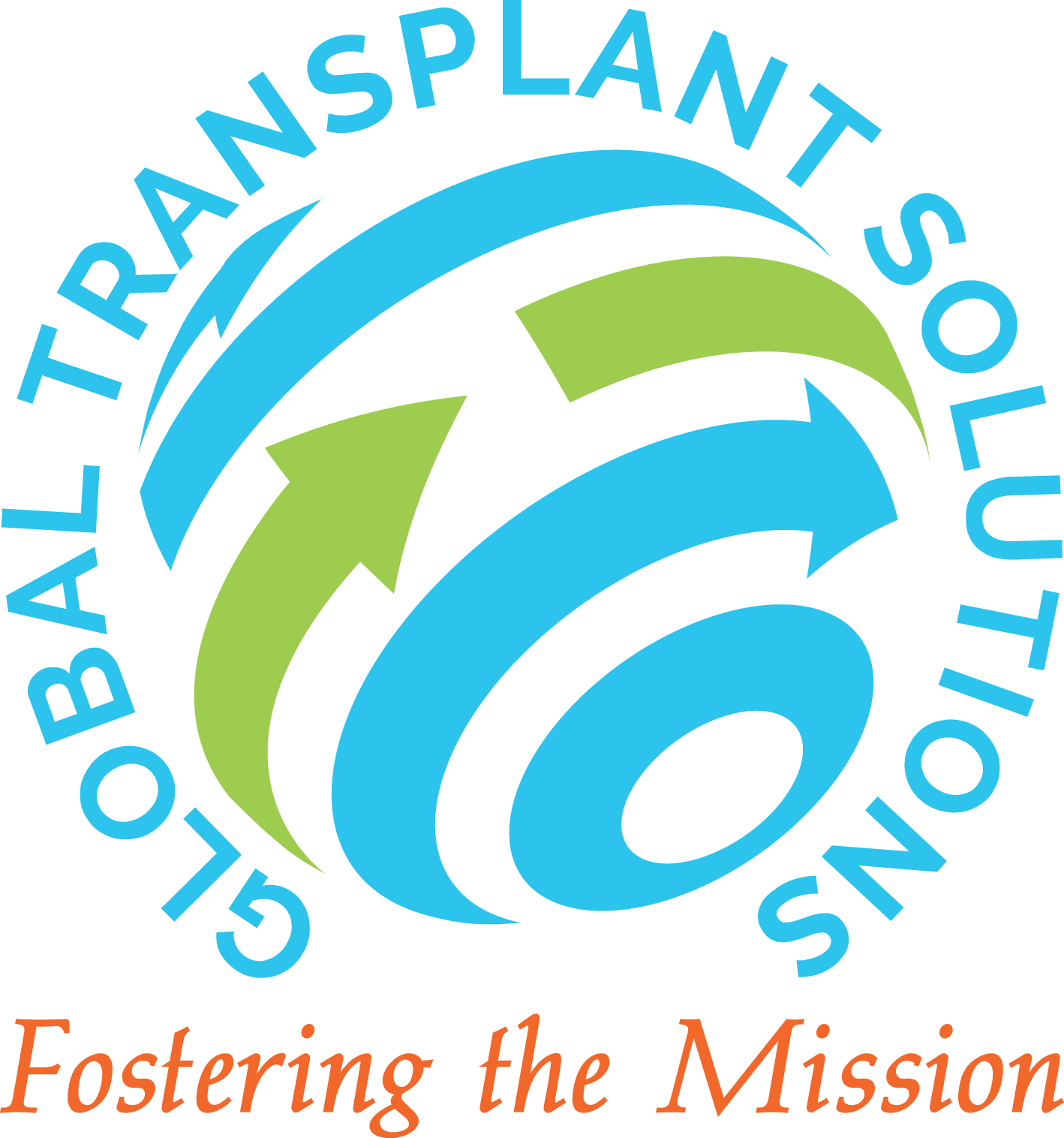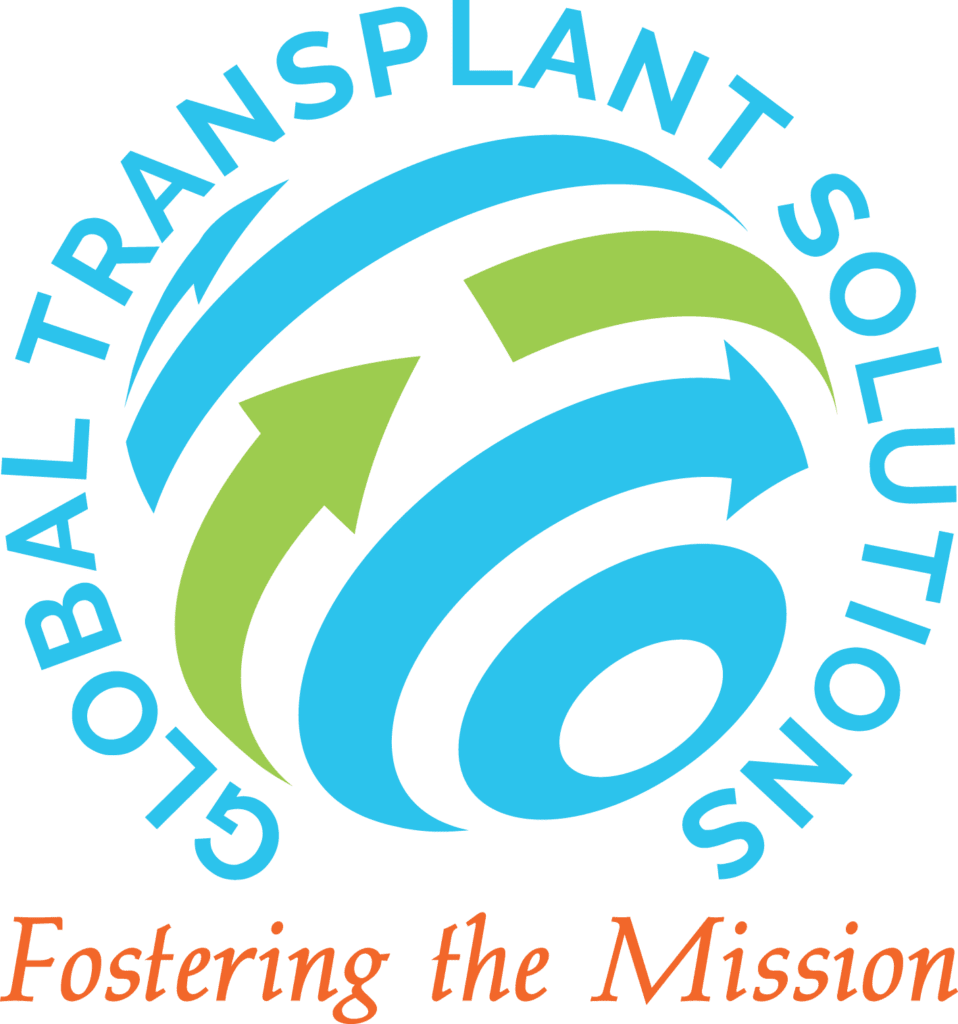August 30th, 2023
Ever thought about becoming an Organ Donor?
Here at Global Transplant Solutions, we partner, sponsor and support Donate Life on a daily basis to Foster the Mission! Donate Life America is a 501(c)3 non profit organization leading its national partners and Donate Life State Teams to increase the number of donated organs. Organ donation is a noble act that can save lives and improve the quality of life for individuals suffering from organ failure. In the United States, organ donations have made significant strides with advancements in medical technology, increased awareness, and improved regulations.
So you are probably wondering how you can Foster the Mission or be part of the bigger picture. As a donor,there are a wide range of organs that can be donated from living and deceased donors to offer someone a second chance in life.
As a donor in the United States, below is a list of organs that are available to donate.
- Heart: The heart is a vital organ responsible for pumping blood and supplying oxygen to the body. Heart transplants are performed on individuals with severe heart failure or congenital heart defects. A donated heart can give a second chance at life to someone facing life-threatening cardiac issues.
- Liver: The liver plays a crucial role in metabolism, detoxification, and digestion. Liver transplants are often the last hope for those with end-stage liver disease. Living donors can also donate a portion of their liver, which can regenerate over time in both the donor and the recipient.
- Lungs: Lungs facilitate the exchange of oxygen and carbon dioxide, ensuring proper breathing and oxygenation of the body. Lung transplants are performed on patients with conditions such as cystic fibrosis, chronic obstructive pulmonary disease (COPD), or idiopathic pulmonary fibrosis.
- Kidneys: The kidneys filter waste and excess fluid from the blood, maintaining a balanced internal environment. Kidney transplants are a common procedure for individuals with end-stage renal disease. Living donors can provide a kidney, and in some cases, a paired exchange allows donors to help recipients when a direct match isn’t possible.
- Pancreas: The pancreas produces insulin and aids in digestion by secreting enzymes. Pancreas transplants are performed on those with type 1 diabetes or severe pancreatic diseases. Combined kidney-pancreas transplants are also conducted for patients with kidney failure and diabetes.
- Intestines: Intestinal transplants are rare and usually reserved for patients with severe intestinal failure due to conditions like Crohn’s disease or necrotizing enterocolitis. Transplants can involve the small intestine, large intestine, or both.
- Corneas: The cornea is the transparent front part of the eye that helps focus light onto the retina. Cornea transplants are the most common type of eye transplant and can restore vision in individuals with corneal damage or disease.
So you’ve decided to step up to the plate and become a donor, what does the Organ Donation Process look like?
Organ donation consists of a series of important steps:
- Registration: Individuals can register as organ donors through their state’s department of motor vehicles or online registries. This choice is typically indicated on a driver’s license or state ID. Individuals may also visit donatelife.net to register to become an organ donor online.
- Consent: Consent from the donor’s family is important, even if the donor has registered. Family consent is sought before any donation procedure can proceed. If you make the ultimate gift to become an organ donor, please communicate your wishes to your family so they are aware.
- Matching: Organs are matched based on factors such as blood type, tissue compatibility, and medical urgency. This is an important steps for living and deceased organ donors.
- Transplant Surgery: Once a suitable match is found, the transplant surgery is performed by a skilled medical team. Organs that can be donated by a living donor include kidneys and livers.
As a donor you change someone else’s world in a big way!
Organ donation is a powerful gesture and changes a recipient’s life in a major way. As a donor you have the opportunity to:
- Save Lives: Organ donation can give recipients a new lease on life, often allowing them to resume normal activities and spend more quality time with loved ones.
- Improve Quality of Life: Transplants can significantly improve a recipient’s health and overall well-being.
- Reduce Wait Times: Organ donation reduces the long waiting lists for transplants, which can be crucial for patients in critical condition.
- Promote Medical Advancements: Organ transplantation research leads to medical advancements that benefit both donors and recipients.
Organ donation is an invaluable gift that has the power to save lives and make a lasting impact. The generosity of donors and their families plays a pivotal role in offering hope and a brighter future to those in need. As awareness continues to grow and medical advancements progress, organ donation in the United States will remain a beacon of hope for individuals facing life-threatening organ failure.
At Global Transplant Solutions, our mission is to promote and advocate for the life-saving gift of organ donation. If you are interested in becoming a donor, please visit donatelife.net to register online today. It is free and takes less than 60 seconds to register. Once you make this commitment, we encourage you to communicate your wish to become an organ donor with your family so they are aware if the circumstances arise.

GTS’s CEO John Bruens with fitness guru and transplant recipient Andrew “AJ” Jones.




